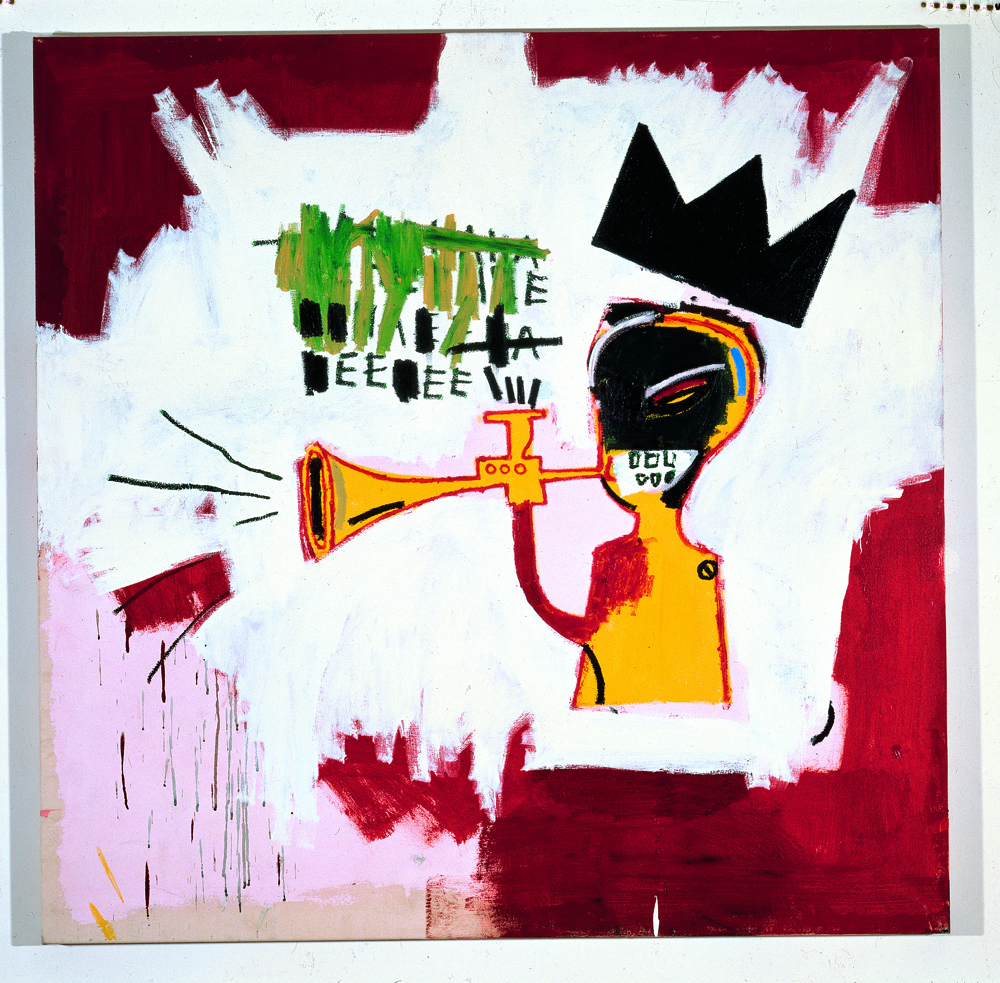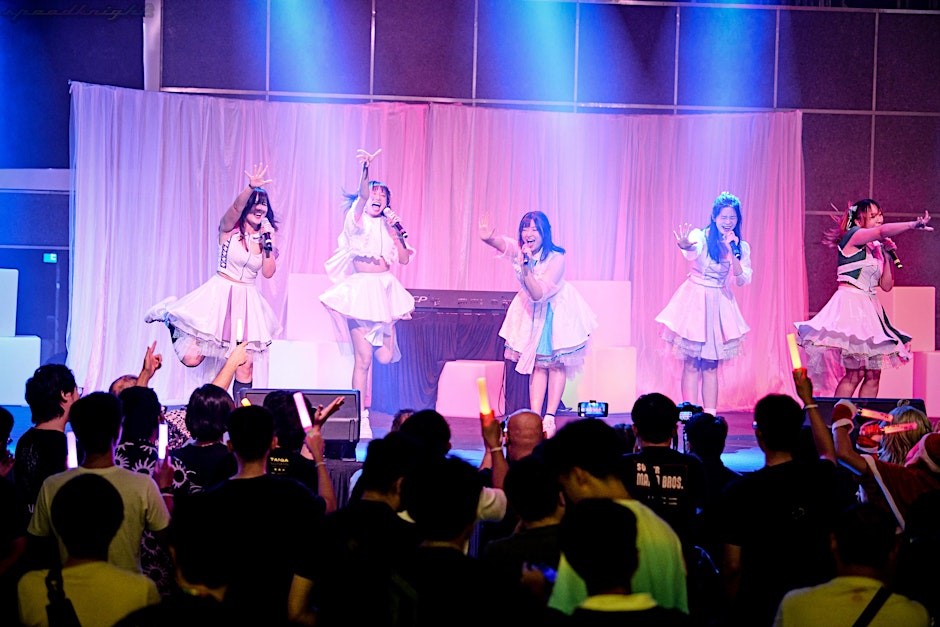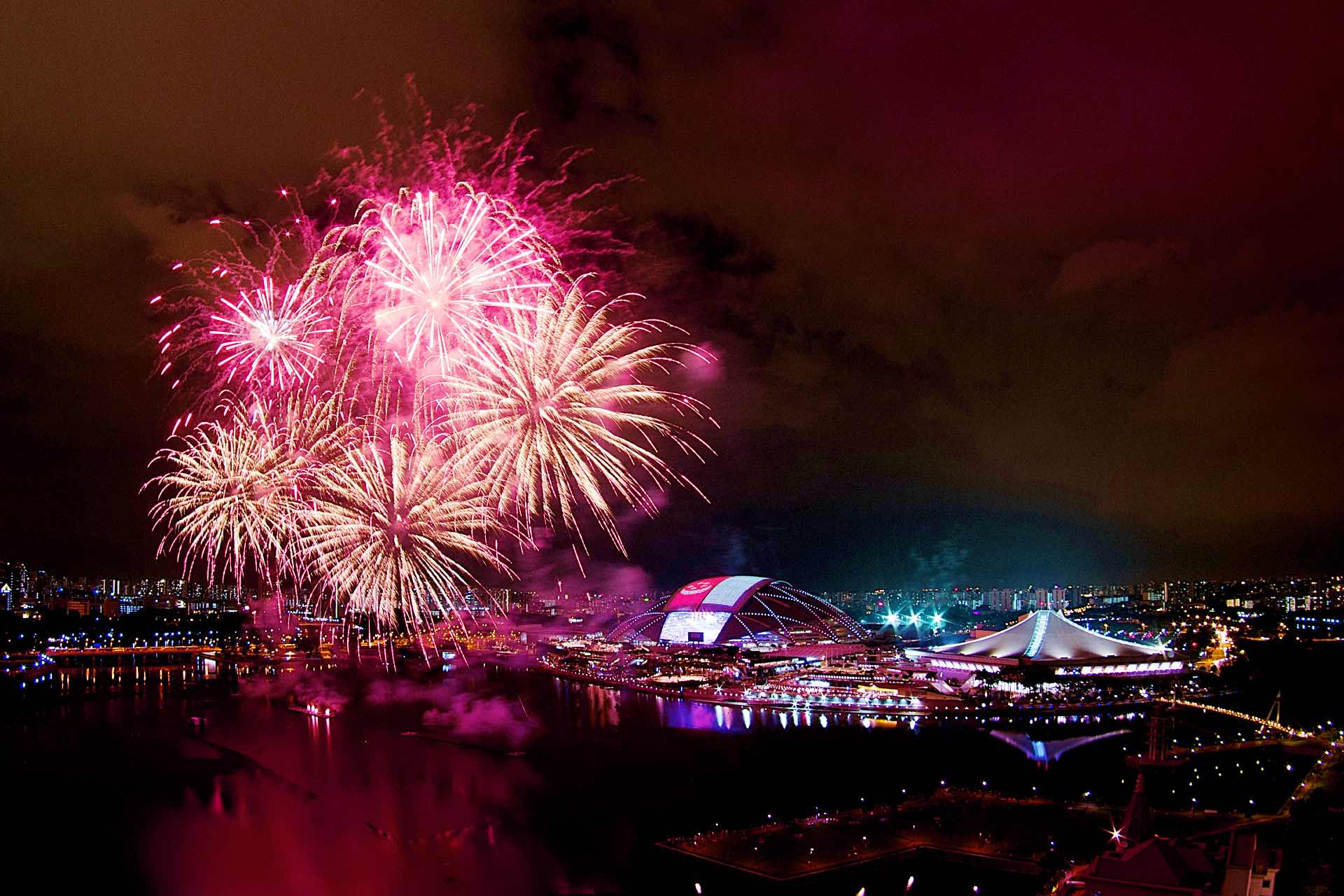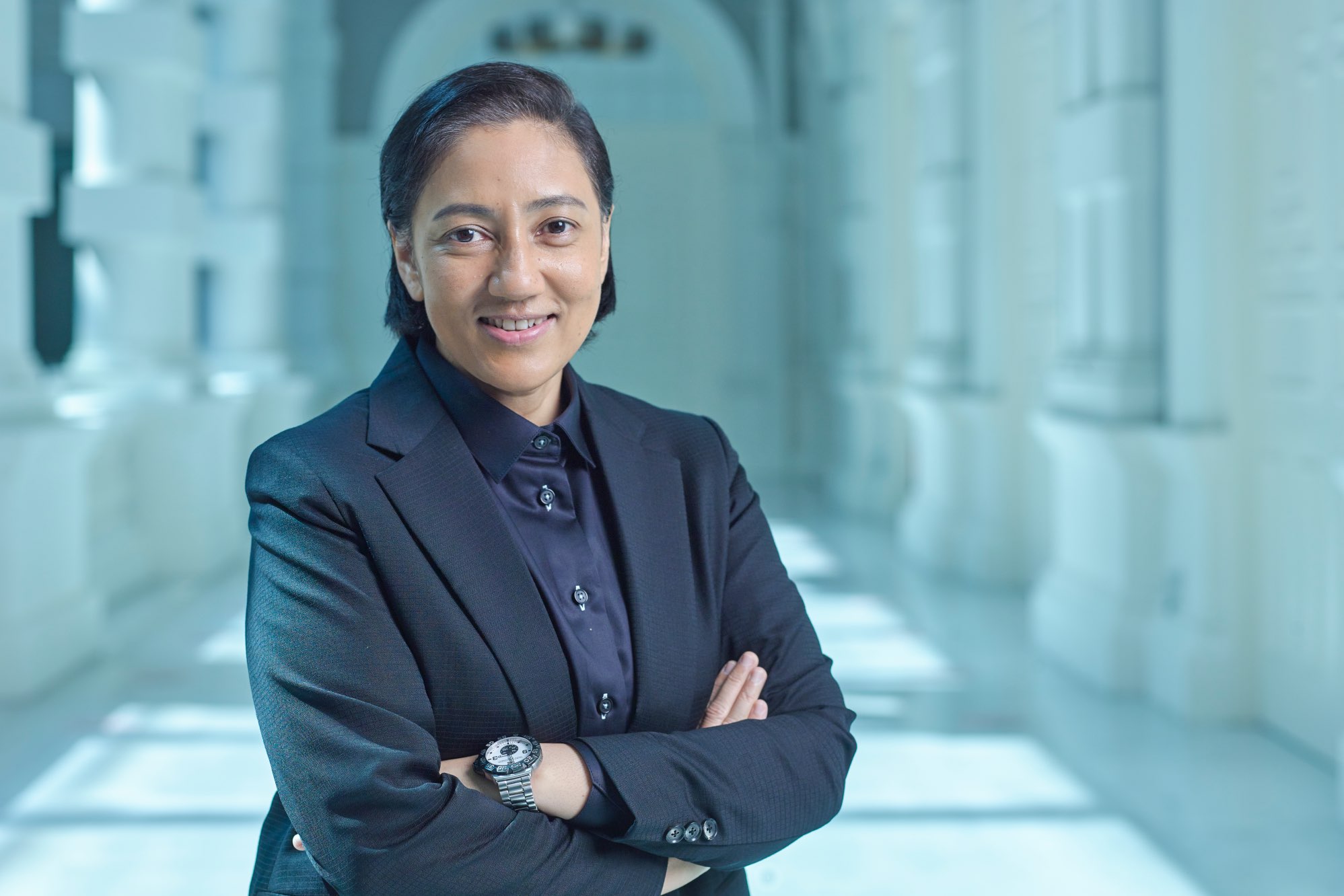
The 2023 edition of Singapore International Festival of Arts (SIFA) will run from May 19 to Jun 4. For two weeks, this major cultural event might answer all our questions surrounding the nature and relevance of art in our lives or simply deliver bejazzled entertainment and distraction.
A cursory glance at the programme convinces us that it has the depth and breadth to accomplish both, and that in the end, the Festival’s meaning and value will rest entirely on what we seek and deserve.
So we thought we’d sit down with festival director Natalie Hennedige, who has a three-year mandate to run the show, for some guidance and insight.
If you’re just tuning in, this is Hennedige’s second year on the job, which she kicked off with a very clear plan: “Performance” will be the overall theme of the Festival for three years, and its principal title will be The Anatomy of Performance.
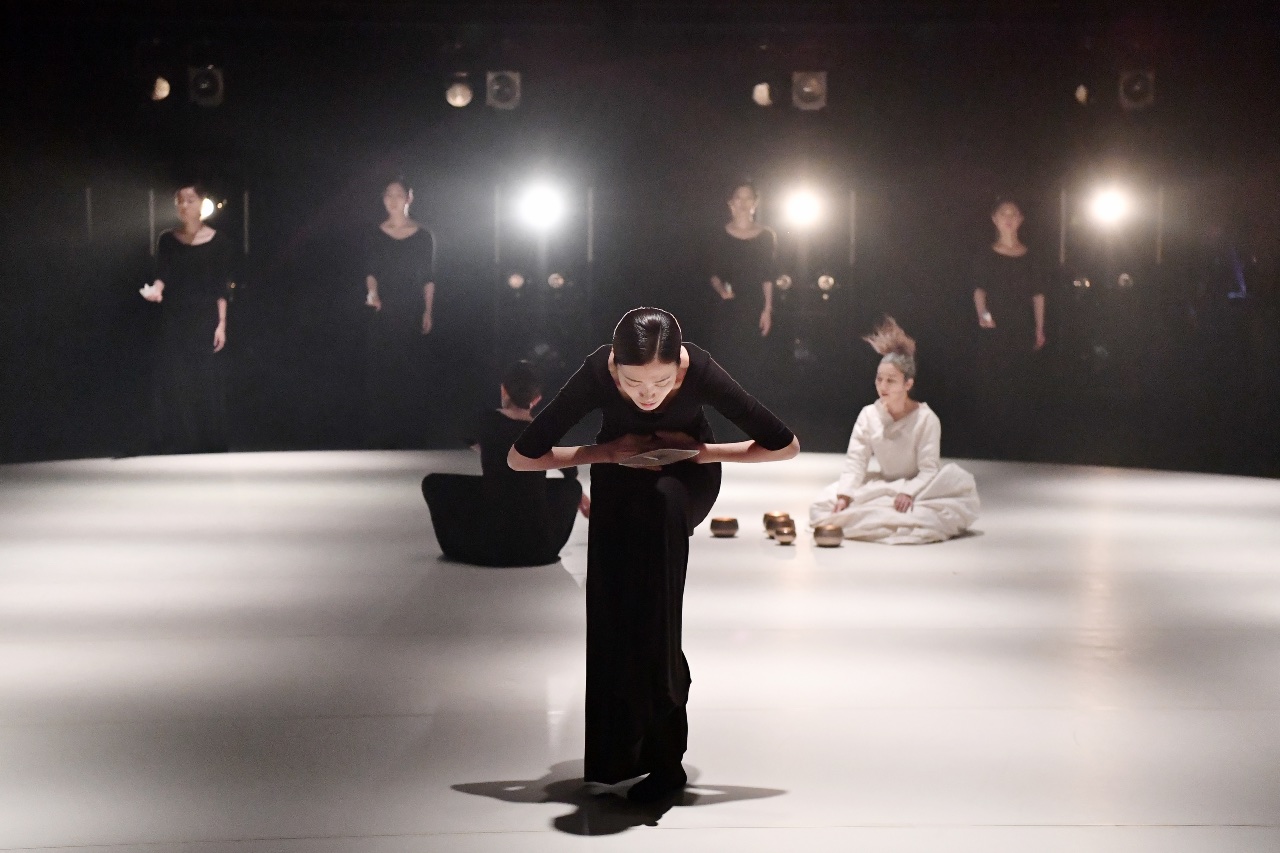
Last year, the festival was called The Anatomy of Performance: Ritual, and this year, it is The Anatomy of Performance: Some People. Its programme will be delivered on three platforms: Creation for new commissions, Life Profusion for virtual offerings, and SIFA X for alternative and experimental works.
Speaking of Hennedige
Hennedige, 49, is the artistic director of Cake Theatrical Productions, a Singapore-based contemporary performance company. She started her career in the theatre at 19, spending the succeeding three decades writing, directing, and acting in plays – for which she was recognised with a National Arts Council’s Young Artist Award in 2007.
She is well versed in international performing arts trends, and appears to have a formidable global network that makes collaboration with creators and performers worldwide highly feasible.
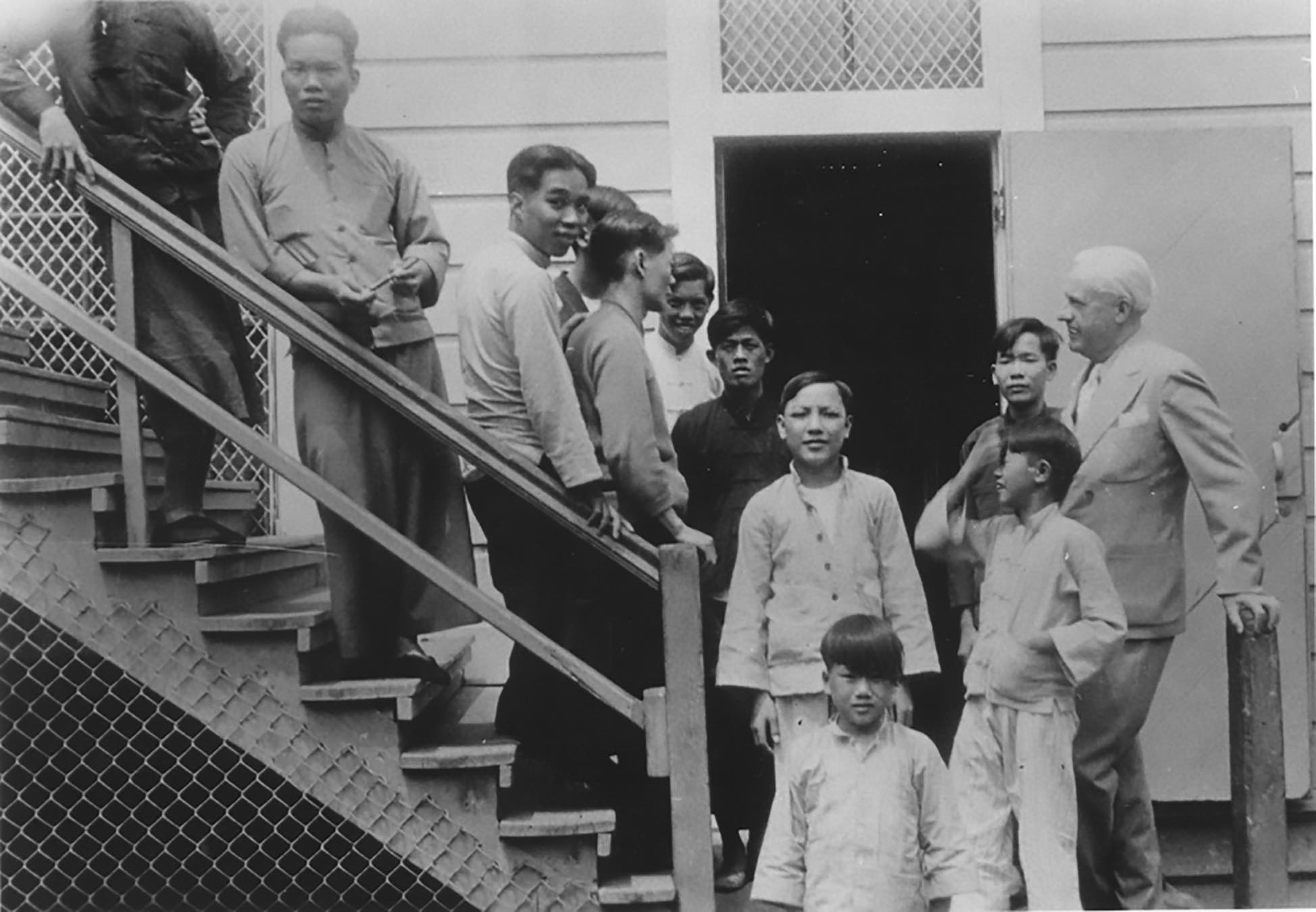
In this year’s edition of SIFA, Hennedige is bringing landmark collaborations with individual artists and groups from around the world, foremost among them the commissioned work “Angel Island“, a music and theatre piece by Singaporean Brian Gothong Tan and American Huang Ruo about the discrimination that the Chinese immigrants in the United States faced from the early to the middle part of the previous century.
The programming remains true to the title The Anatomy of Performance – Some People in the way it captures how an experience of the world differs based on varying circumstances.
“This year’s title engages with the idea that the human experience exists on a spectrum,” reads the official festival communique. “We are the sum of all the narratives that chapter and alter our lives; each trial and transformation, what our ancestors and communities have had to struggle through, our experiences as children and adults, things inherited and circumstances imposed on our lives shape how we move through life and experience the world.
“When we encounter performance, we witness perspectives we can relate to, or that differ from our own, maybe even challenge our held beliefs, yet when we agree to remain in the performance space together, our personal worldview expands as we take in another’s.”

Ground-breaking, game-changing
Hennedige’s festival lineup is richly encrusted with ground-breaking entries. For one, there’s Sukki, FKA burlesque artist Sukki Singapora, who top-bills SIFA X as art director of the Children of Venus segment of “Love Divine“, a mashup of burlesque and vaudeville.
“[The programme] is tied to themes and frameworks that have been designed to capture the complexity of today,” she explains. “That’s certainly how the landscape of important contemporary performing art festivals has shifted – more so after the pandemic – because people are seriously considering what carbon footprint and what travel means in this idea of wholesale transporting an entire orchestra.”
She believes these current social movements are important concerns that festivals today, including SIFA, have to take into consideration.
Indeed, more and more people are now watching not only the shows but also how they are put together. The fundamental principles and processes are being put in question so that they affect the programming protocol. No one wants to be cancelled.
But for Hennedige, the danger in not in cancellation, but in being outside the creative dialogue. “For me, putting together the festival is preserving a space of creativity and delivering a festival that is built on creative thinking.
“When you put people like myself in this position, we never think part of the consideration is all those other things. What’s most important to us is how we design, how we create things that are going to be meaningful to the audience.”
Creating those frames, as Hennedige sees it, is a highly creative process. “I don’t think I was approached to helm this festival because I was going to be anything other than a kind of a creative with a way of holding on to the tenets of the festival – which have been established over 40 years,” she affirms.
“This is a 40-plus-year process. So when a new [festival] director comes in, the idea is that you kind of understand how this festival has been, how it’s been evolving, how it’s moving. [You have to] retain the tenets of the festival and also respond to the pulse of the moment.
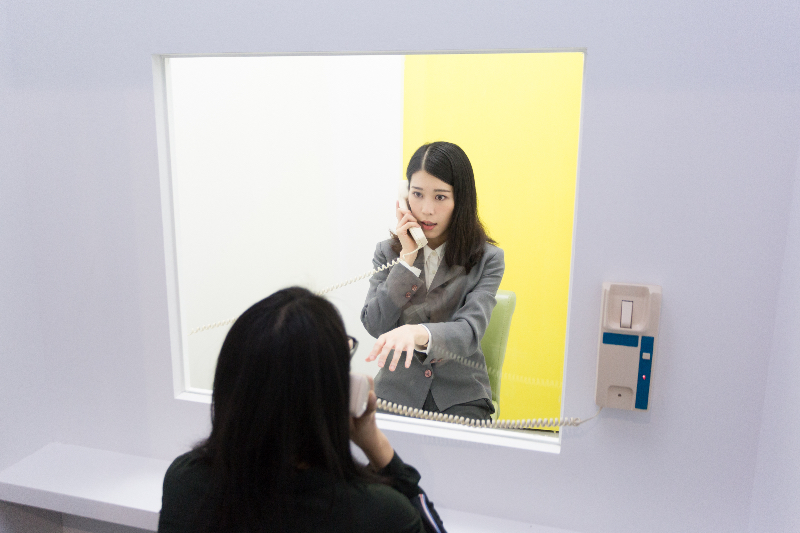
The International National
“I feel that with an international festival, you also have to look at your counterparts – which are other progressive festivals that occur in cities around the world,” Hennedige tells me as we start to cover the international acts in the programme.
“Why are you looking at the other festivals? Is that for benchmarking?” I ask.
“It’s completely artistic,” she claims. “Every answer or 99 percent of the answers that you’re going to hear from me all come from artistic intention and motivation.”
“When you were putting together the programme for this festival, who were you thinking of as your ideal audience?” I probe.
“This is a festival that’s for all,” Hennedige says firmly. “We make it accessible to all. You don’t dumb it down; you don’t simplify anything. But you have ticket prices that are actually accessible to anyone who wants it. We do as much as we can to lower the prices. We create packages for the schools and so on; we also create some free offerings. That for me is a definition of creating a festival that is available to all and not just the elite.
“We’re living in a world that is as complex as we are, and one that becomes even more complex at each moment. And so festivals have to have a sense of the socio-political temperature of the world that occupies the space.
“I think that, fundamentally, what’s important to this festival is how you elevate local artists, and how you engage with the region. How you project the festival coming from this part of the world, presenting works that then give this festival its identity – which is, I guess in some ways, uniquely Singapore and yet also global-facing. And I think it ties in with some of what’s important in terms of larger considerations of how Singapore wants to be projected in the world.”
Singapore International Festival of Arts 2023 runs from May 19 to Jun 4. For more information, visit sifa.sg.


